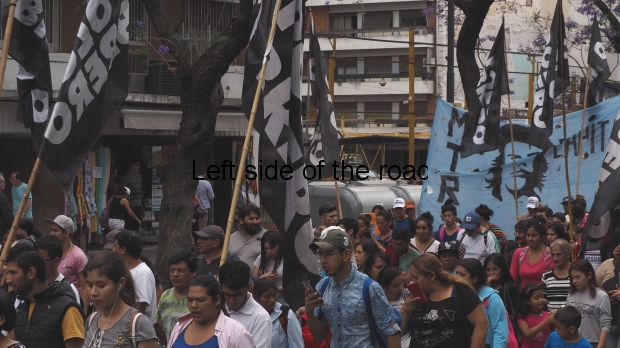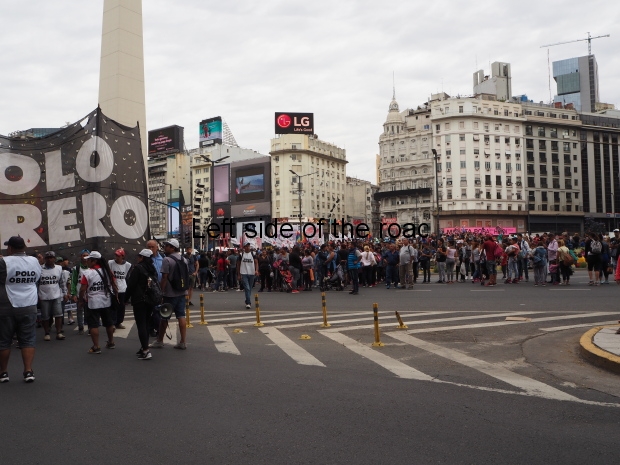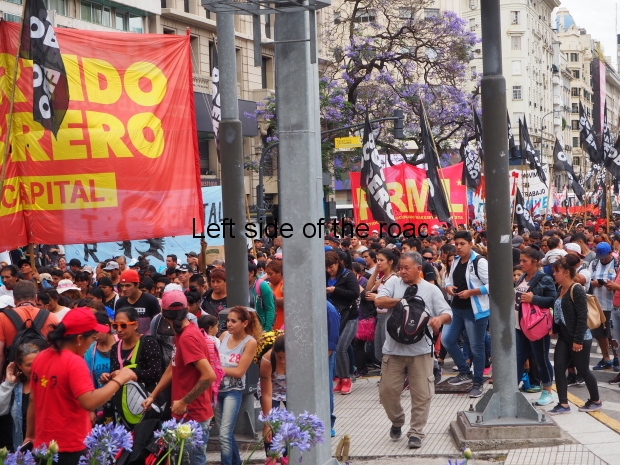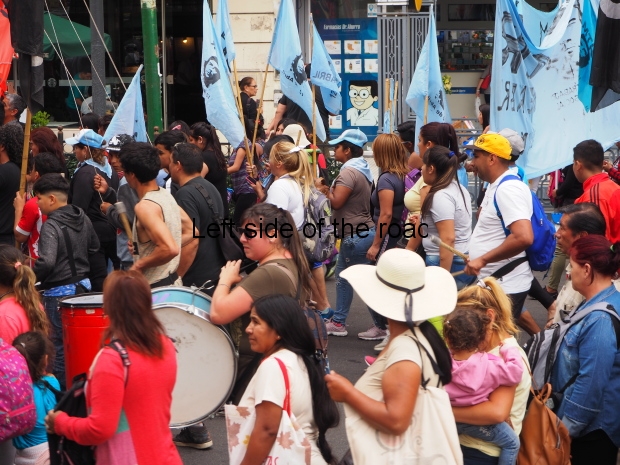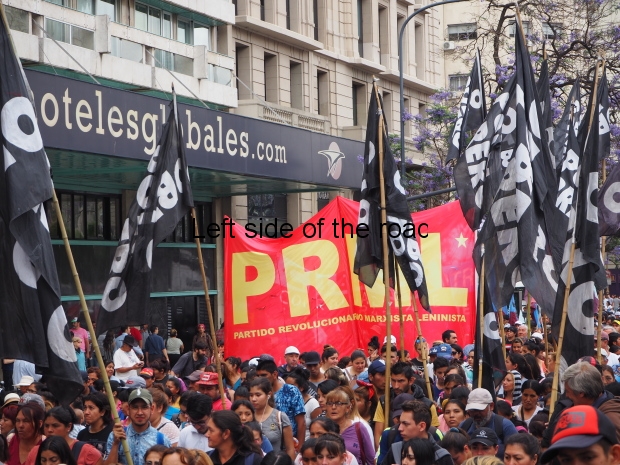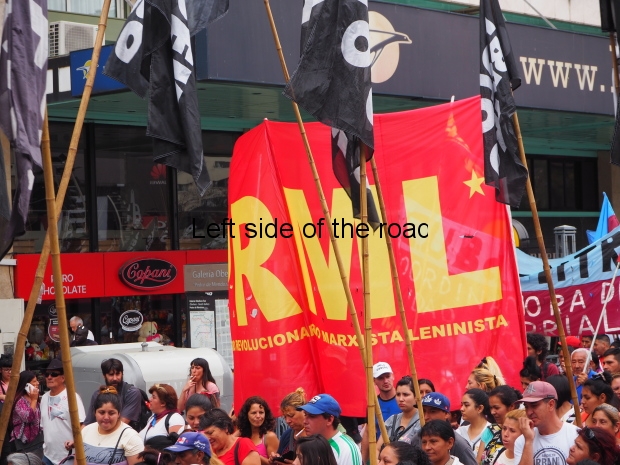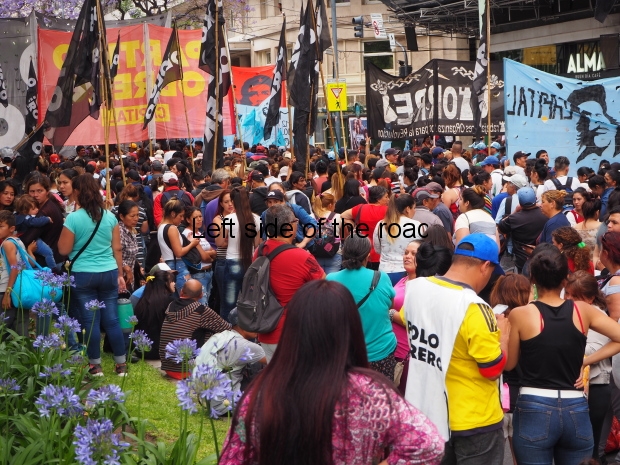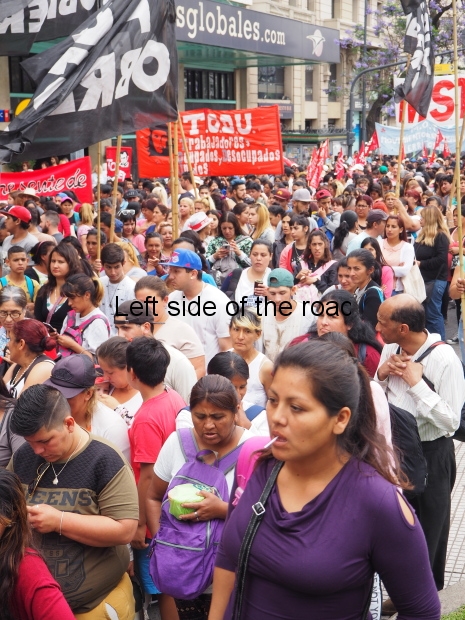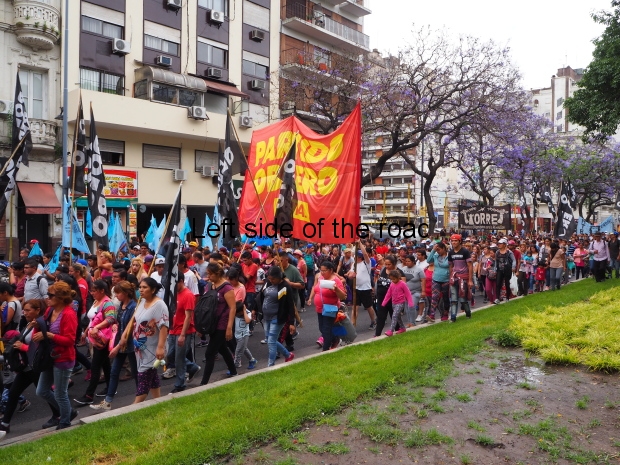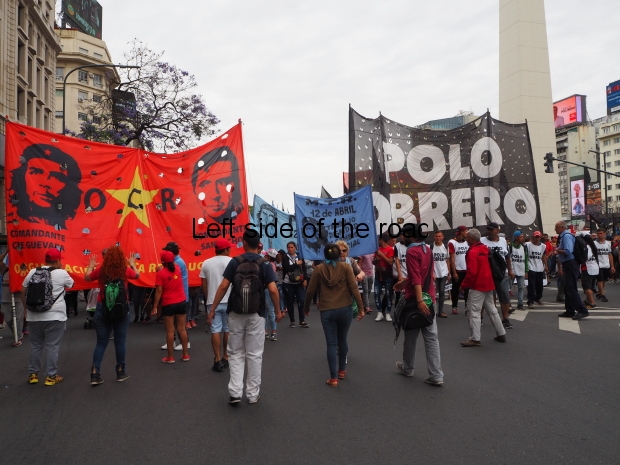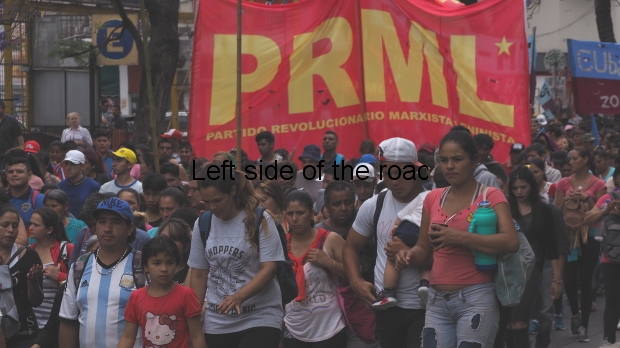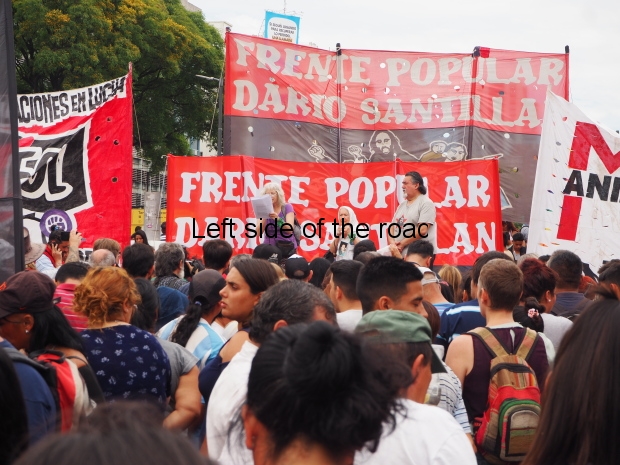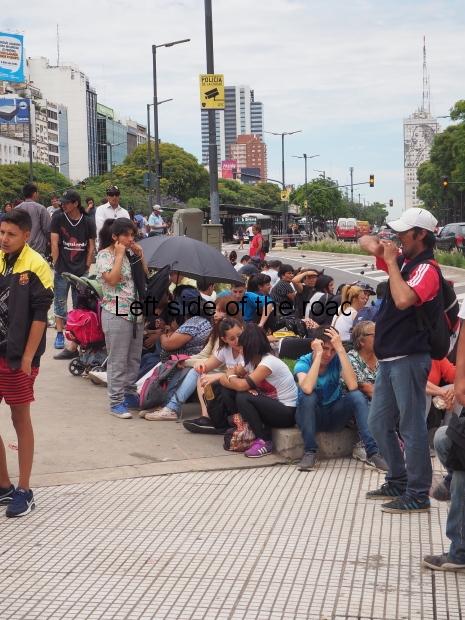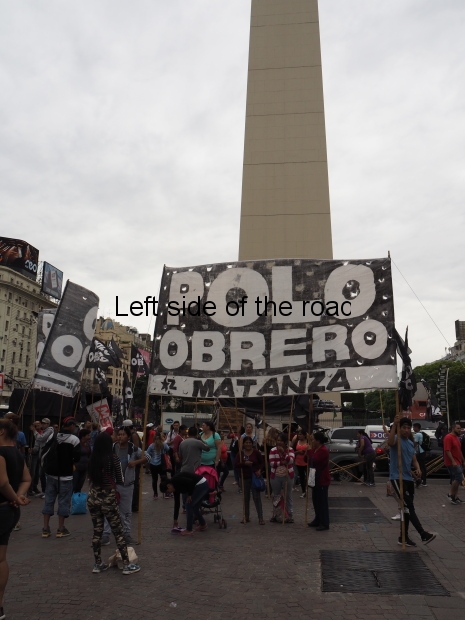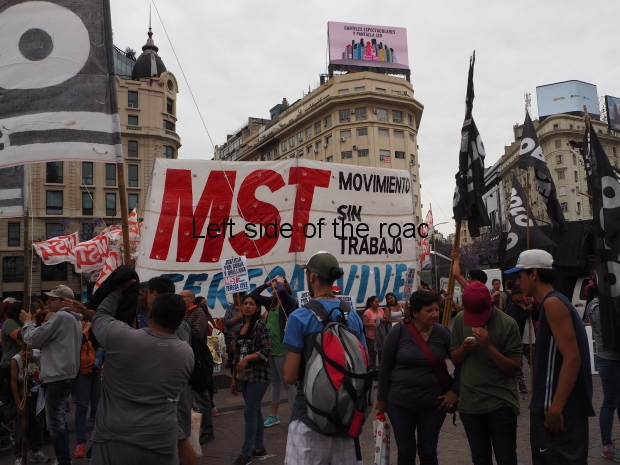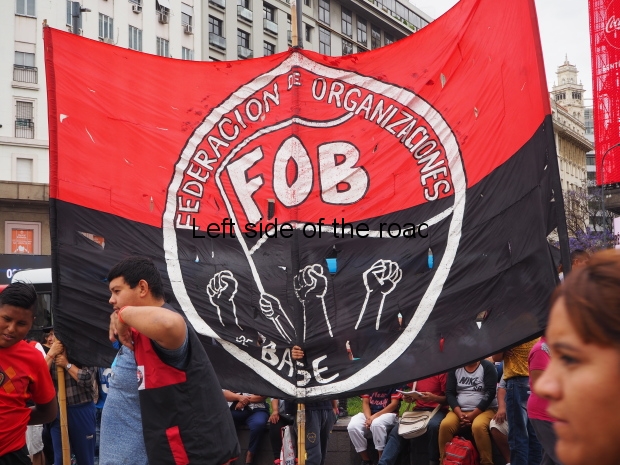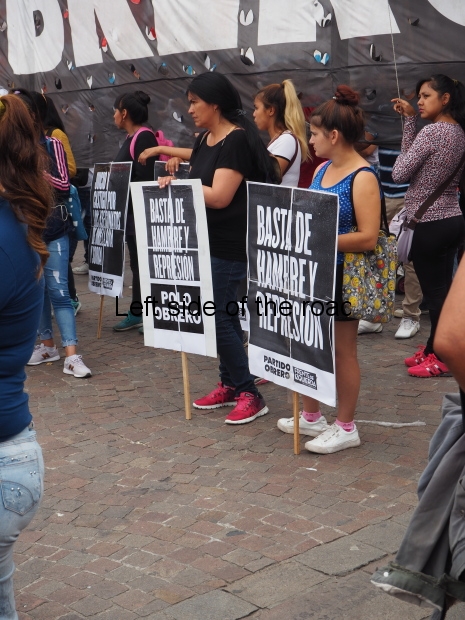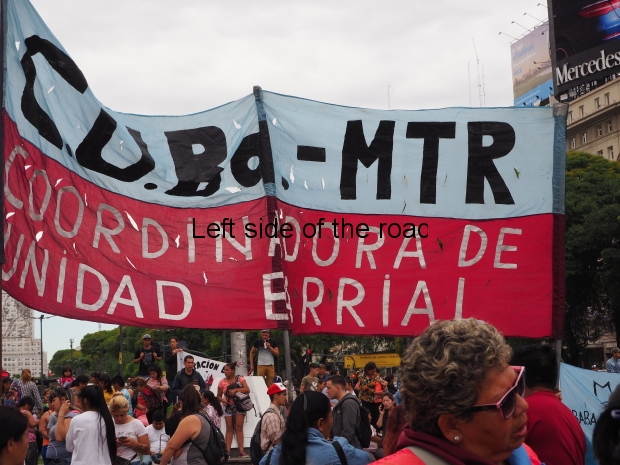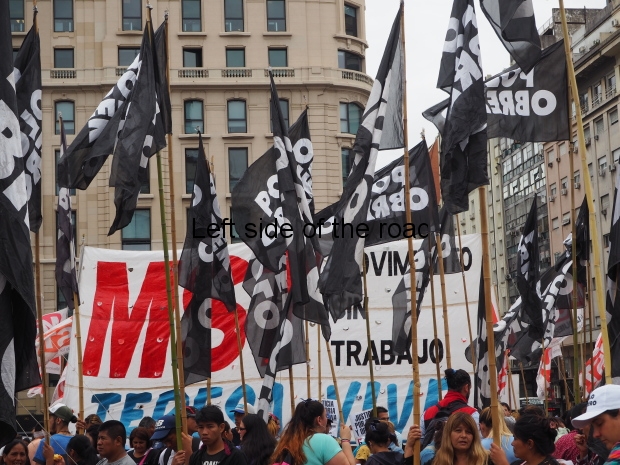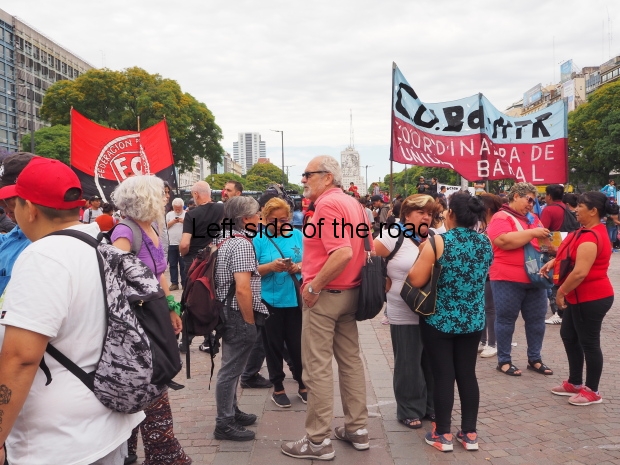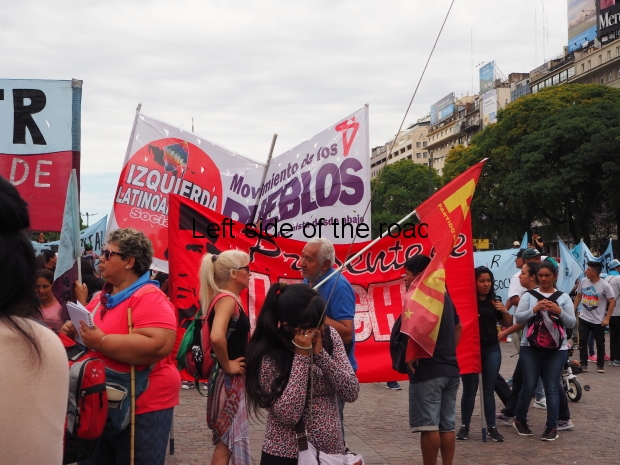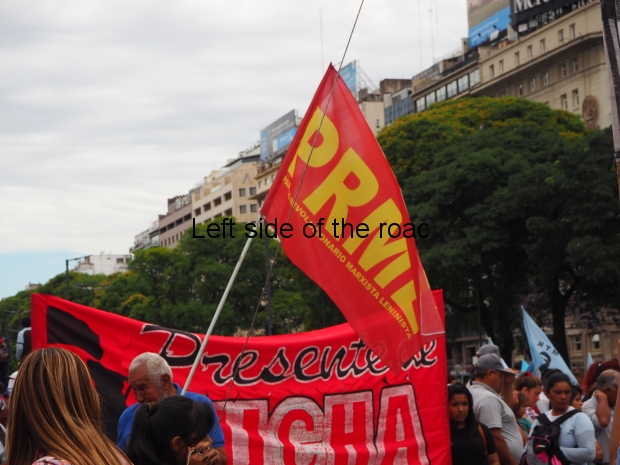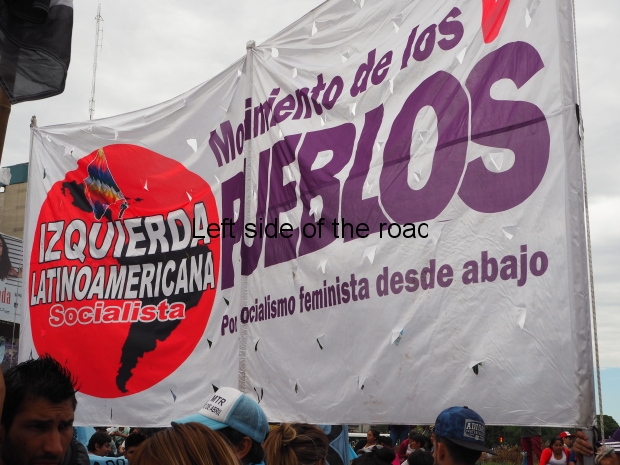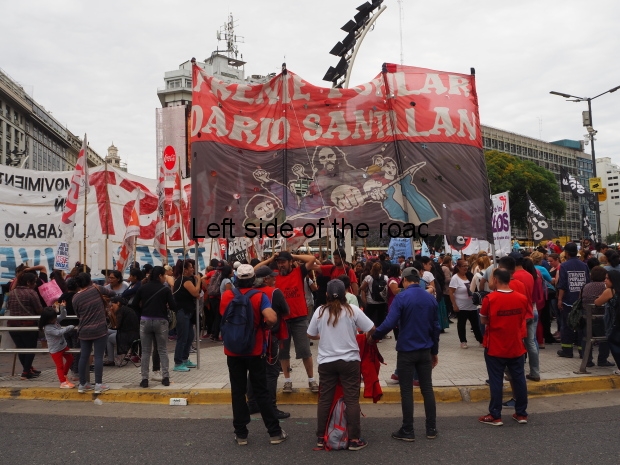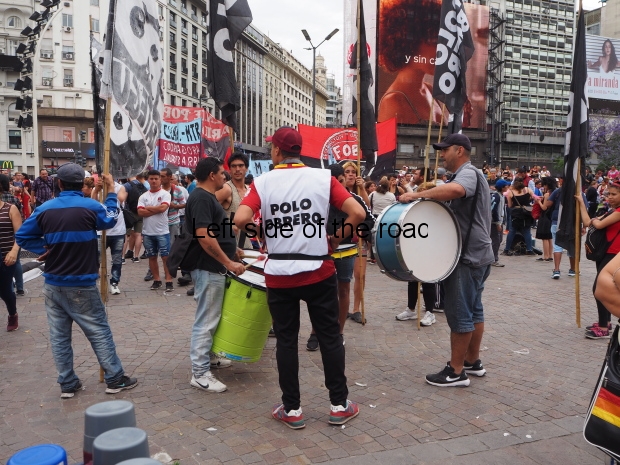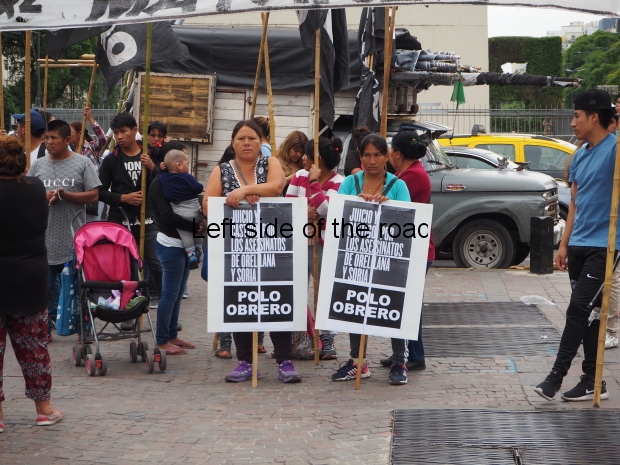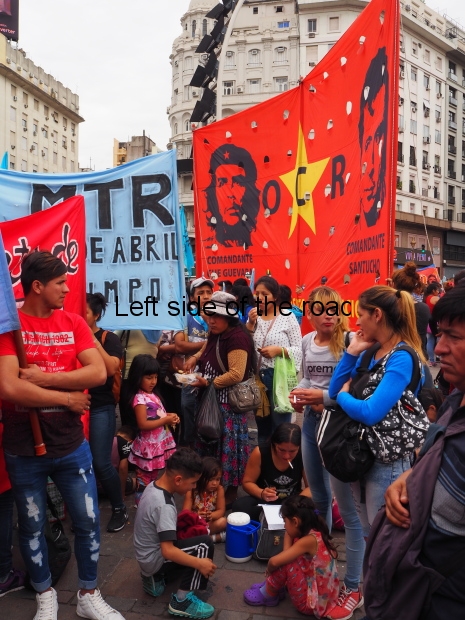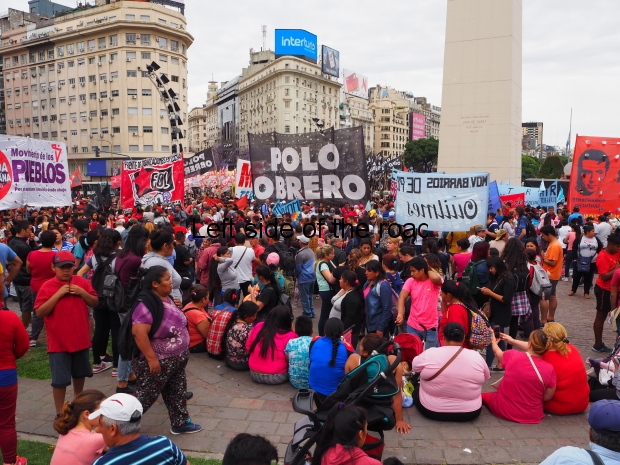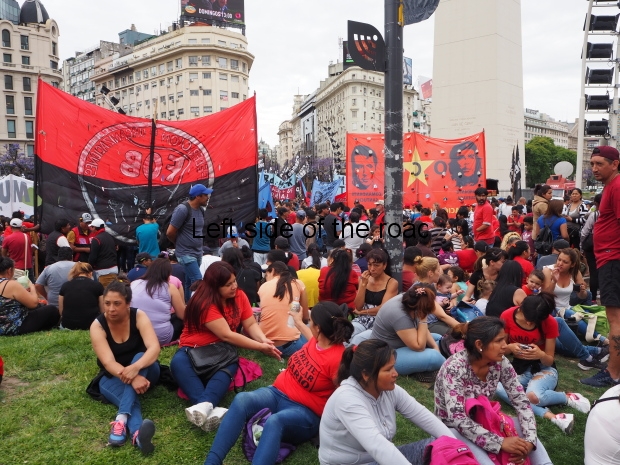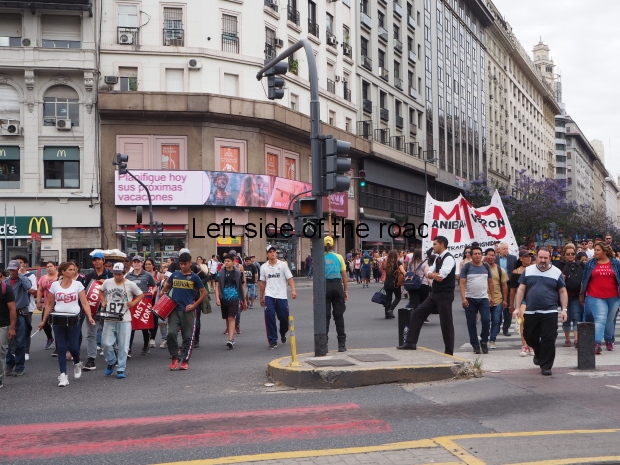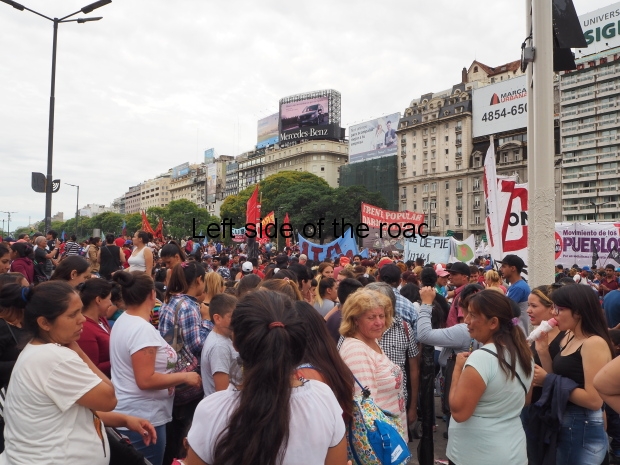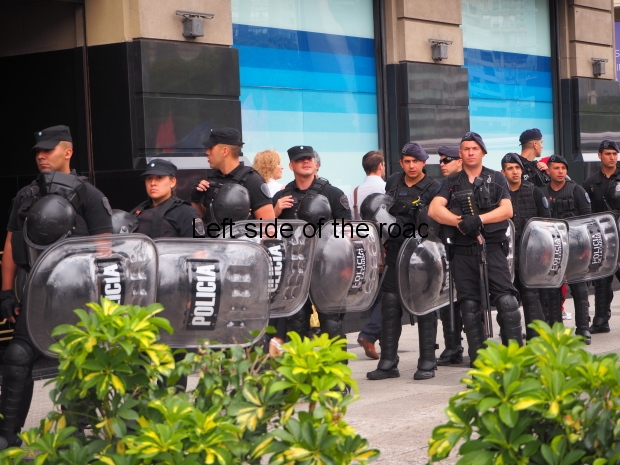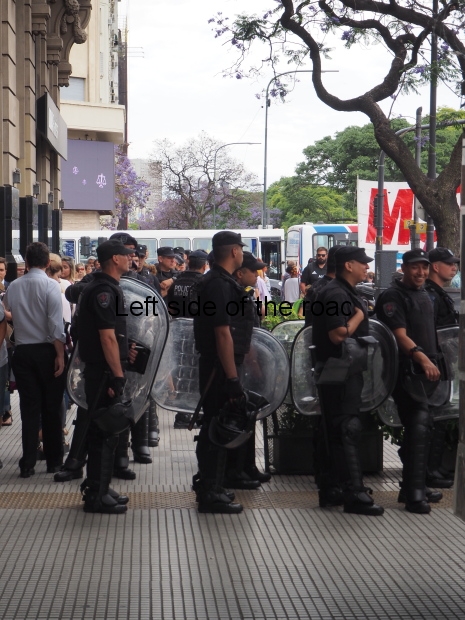Food banks – the biggest growing business in Britain after charity shops
Foodbanks are becoming a feature of British society as the ‘austerity’ measure bite. The nation should prepare itself for a great deal more hot air as more and more people become dependent upon charity.
Earlier in the year, during and after my trip to Catalonia, I posted a couple of articles about how people in Spain and Catalonia were dealing with the austerity measures that were having such a dramatic impact upon an increasing number of people. What I wanted to stress there was the fact of people taking direct action. People weren’t just sitting back and suffering without a fight.
This included a number of raids on supermarkets (where activists would take basic foodstuffs without paying in order to highlight the desperate situation of many people) and that movement spread, during late August, to cover a number of areas of the country. I must admit that since returning to the UK I haven’t kept up to date with any subsequent developments but, at least, people are still angry as can be seen by the activity on the streets of the likes of Madrid and Barcelona.
At the same time there were statements being made by Spanish judges and rich politicians that what the poor and hungry should do is go, cap in hand, asking ‘Can I have a little more, Sir’, Oliver Twist wise. Just be servile and perhaps a few crumbs will fall from the rich man’s (and woman’s) table and survival might be possible.
This after years of so-called ‘prosperity’ when everything was possible, when deprivation was to be a thing of the past. But these false promises, based upon the spending of money that did not exist, did not take into account the periodic crises of capitalism that occur, have occurred and will occur, at (irregular but normally decade long) intervals for as long as capitalism exists. The ‘Third Way’ promised by Blair was nothing more than new wine in old bottles.
In my post about Reus I wrote about the Cruz Roja (Red Cross) distributing monies to the poor and then went on to discuss the issue of collection of food for distribution to the poor and needy. I was surprised to learn that this was happening in Spain, which is not, on the world scale of things, a poor country but even more surprised to learn that foodbanks were common in the US (and had been since 1967!) and becoming common in the UK.
A few days ago I read that a new foodbank is about to open in Warrington, just a few miles down the road. This prompted me to check if they existed in Liverpool and was ‘shocked’ to discover that they do, and are spreading. I was even more shocked to read the statement from one of the biggest ‘providers’ of these foodbanks:
“The Trussell Trust partners with churches and communities to open new foodbanks nationwide. With over 250 foodbanks currently launched, our goal is for every town to have one.”
‘Our goal’, it seems, is to perpetuate poverty and charity, not do something about it so that people can live in dignity and security.
In the intervening days there have been more references to foodbanks, even being the topic of an edition of the Food Programme on Radio 4. Mostly run by churches, of all denominations, this seems to be a way that religion (‘the opium of the masses’) is trying to inveigle its way back into society after being effectively rejected and marginalised in recent times.
And there doesn’t seem to be an end of the demand for these charity outlets. Each year since the crash occurred in 2008 we have been told that next year will see improvements. Such statements have obviously been lies or (at best) wishful thinking. Now the UK government is saying that austerity is with us for – at least – another 5 years. And what happens on the streets of Britain? Nothing!
That nothing in the past has prompted the present coalition of Tories to attack even more aspects of the welfare state that was sold to the country in the immediate post-WWII period to ward off and potentially revolutionary activity on behalf of the working class. As the descendants of those who fought against fascism are prepared to do nothing then it should be no surprise that the ruling class continues its attacks. When ‘austerity’ eventually ends there will be nothing left but the dog eat dog, care nothing for anyone else, selfish society that was the dream of Thatcher and Blair. If anyone thinks that what we once had would return with the ‘good times’ they are deluding themselves.
What was gained in the past by struggle and which is being taken away due to acquiescence will not reappear without an even greater struggle in the future.
When even the departing Governor of the Bank of England has said, on a number of occasions, that he is surprised that the people of Britain have not taken to the streets in reaction to what has taken place in the last 4 or 5 years; when the trade unions in this country don’t make an effort to show a modicum of support for fellow workers in the rest of Europe when they take to the streets to express their anger at the wholesale robbery of a nation’s resources, through privatisation, and the removal of hard-won terms and conditions of employment; when the people of the UK revert to a situation more akin to that at the end of the 19th century with imperialist pretensions and support for foreign wars (already there is UK army involvement in Syria and it’s only a matter of time before something kicks off in Iran); when billions of pounds are being spent, and many more billions being committed, for more modern and sophisticated weapons to ensure that ‘we’ can kill more of ‘them’ with less and less risk to ‘our boys (and girls)’; when a nation effectively sticks its head in the sand and hopes that all the problems will just go quietly away then the people of this country better get a liking for baked beans.
For that will become their basic diet if they are forced to rely on charity. Despite all the years of campaigning about a balanced diet and the experience from the Miners Strike of 1984-5 it’s tins of baked beans that predominate in donations to foodbanks.
2019 Update
This post was first published in 2012. Then I said food banks were one of the biggest growth areas in the fifth most richest economies in the world. But in place of making efforts to see the elimination of such obscenities the people of Britain have been quite happy to see the need for such locations expand. A recent article about the number of people in Scotland who depend upon these centres (and the disinterest of government ministers) demonstrates that the growth in this area is becoming almost unstoppable. A civilised country would consider the existence of such places a disgrace – but too many of those who are unfortunate enough to live in Britain don’t seem to see that.
The food bank juggernaut continues to forge ahead
In Britain – at the end of 2019 – there are few days when food banks aren’t in the news for one reason or another. And we are sure to see that continue with the success of the Tories in the December election. Even some of the ‘patrons’ of food banks came out as Tory supporters so there’s little chance of them (the food banks not the ‘patrons’) disappearing in the near future.
As the governments of the last nine years and the government for the next five – unless British workers wake up to the disaster that is unfolding around them – have and will continue to create a situation where food banks are necessary then stories about them are likely to become even more bizarre.
Many new Tory MPs probably didn’t really think they would win and now that they have been pushed into the public eye revelations of how they have benefited from the policies of the past will start to come to light. One such is how a new Tory MP has been making money out of the food banks – which is quite clever if you think about it. Support a system that creates a need and then make a profit out of the structure created to alleviate the problem. It’s a win win, as they say.






